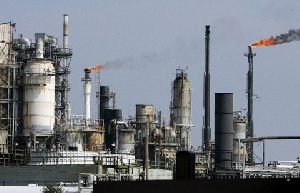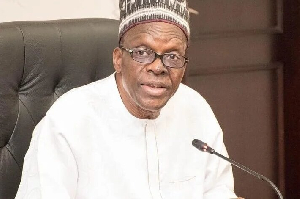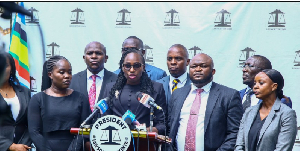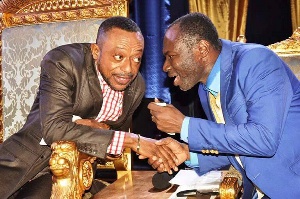Stakeholders at a day’s summit on Oil, Gas and the environment have acknowledged the need for a policy on oil spillage in the country.
A detailed scrutiny of the National Oil spillage contingency plan revealed a huge gap in terms of an actual spill prevention and response plan.
Mr Wim Mullie, a Consultant with the Friends of the Nation who did a critical analysis of the plan said, “The Ghana plan needs an expert review…there are a lot to be developed”.
The current plan according to the consultant lacked information on seabirds especially that of Ghana had a lots of tunas in its seas as well as wildlife response strategy.
This was revealed during a programme organised by the Friends of the Nation (FoN) an NGO to solicit experiences on environmental issues and the gaps in existing laws and map a way forward for civil society engagement on environmental governance in the petroleum sector.
The forum which brought about 45 participants from local government authorities, regulatory institutions, traditional leaders, CSOs, community environmental advocacy groups and oil and gas companies would help identify gaps and make recommendations to strengthen the National Oil Spillage Contingency Plan, environmental assessment and regulations and the exploration and production Act for policy makers to take the needed actions and reforms in making the petroleum sector a better one.
Mr Mullie among other things to be done called for the review of the inter-agency response team and the need to develop a proper hand book on the subject as in New Zealand and Australia for easy references and training.
Mr Donkris Mevuta, the Executive Director of the Friends of the Nation said the sector over the years presented lots of challenges in terms of the environment and livelihood adding, “we all need to be interested in the sector and its impacts especially on the six coastal districts… we cannot sit down to be short changed”.
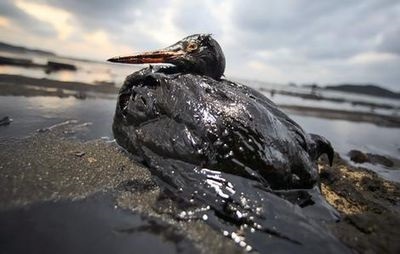
He said the contribution of the fishing industry to the economy was enormous compared to the oil and gas and that the needed investment had to be made in the sector to ensure that it sustained livelihood.
The Director of FON said the participation in the governance process for the best of policies was cardinal towards the sustainability of that industry and the future of many Ghanaians who largely depended on the fishing industry.
Mr Kwadwo Opoku-Mensah, Senior Programmes Officer of the Environmental Protection Agency who spoke on environmental impact assessment, Monitoring and Community participation in Ghana’s Oil and gas industry , said the organisation was working within the confines of the law to ensure that operators in the industry lived up to expectation.
He encouraged stakeholders to take advantage of public forums and community engagement with regard to the sector and make the relevant inputs to ensure that industries and communities lived in harmony.
Click to view details



Business News of Monday, 19 February 2018
Source: ghananewsagency.org





